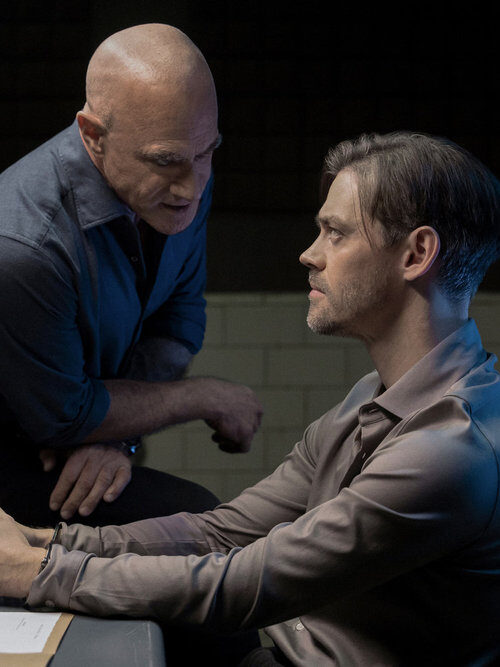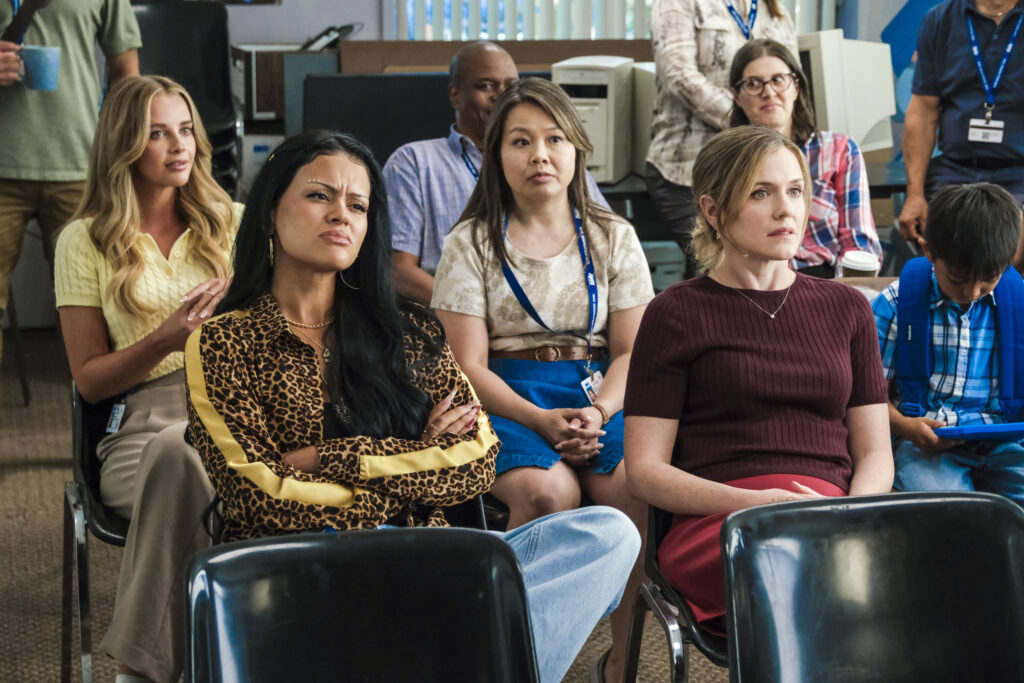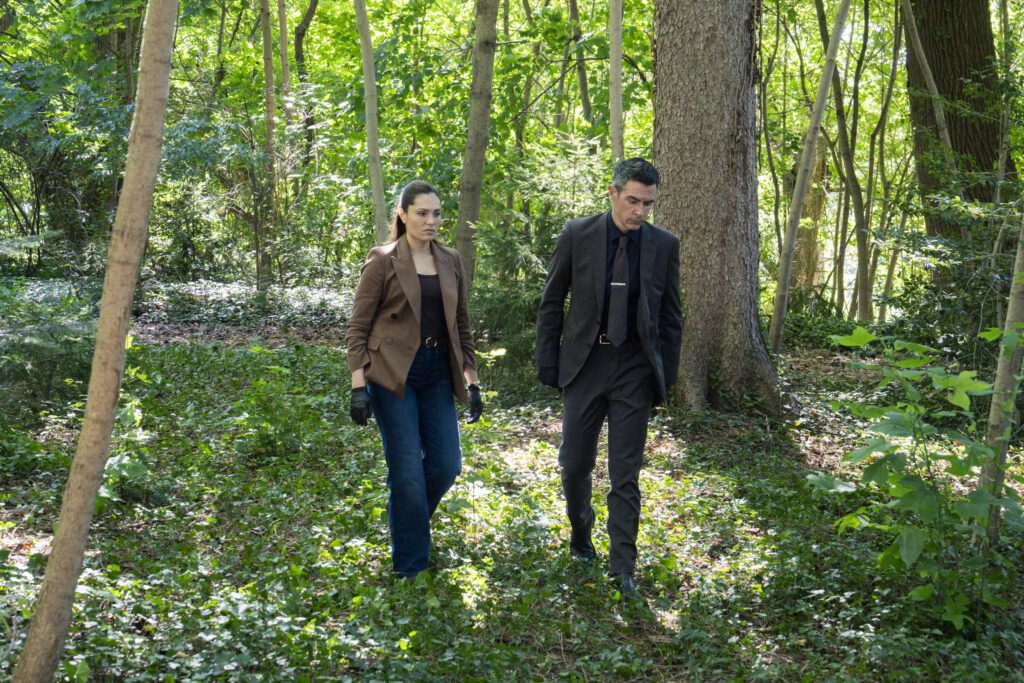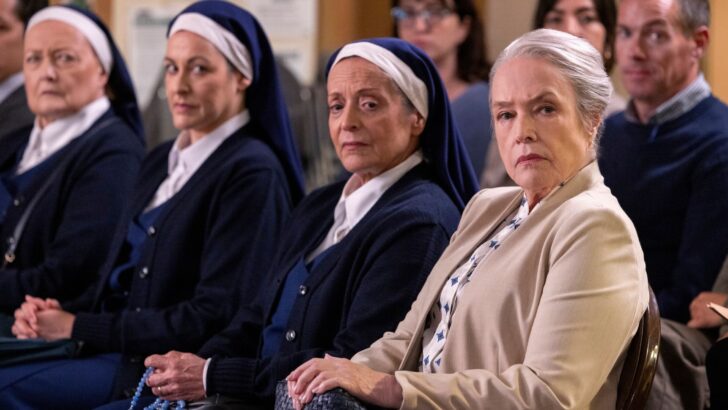Gone are the days when a TV show is going to get into the double digits in terms of season numbers.
When you look at the broadcast shows on the air right now, those in double digits have been around for decades, and the TV networks can take a few risks with them because of their loyal fanbases.
However, newer shows aren’t taking off, with many canceled after just two or three great seasons. Yet the shows aren’t to blame; in so many cases, it comes down to the TV networks.

TV Network Scheduling Woes
The networks are failing their own TV shows, and this trend is evident over the last five years or so.
Of course, the networks are constantly seeking optimal timeslots, and they need to find a way to balance their reality programs, scripted dramas, scripted comedies, and game shows within a TV season.
It’s not an easy job, but scheduling decisions are what are killing TV shows.
Let’s take Found on NBC, one of those shows that were necessary for today’s world.

Not only was Found relevant, but it was also well-written and featured an excellent cast, standing out from the many other shows on the market.
Yet, it failed.
Many people believed it was a Peacock Original, partly due to NBC‘s scheduling decision.
That Thursday 10 p.m. ET/PT timeslot is a challenging one, with NBC, CBS, and ABC all competing for it, and NBC decided that was a good slot for Found in its second season.
Add in the fact that at a crucial time for viewing figures, NBC decided to take the show off the air for one week for the sake of the Law & Order: Organized Crime Season 5 premiere — which had turned into a Peacock Original — and moved Found to a Monday night for one week only with little fanfare.

How were people supposed to know if NBC didn’t make a big deal about it?
Then you’ve got ABC, which knows that the Thursday night timeslot is a bad one.
Yet it put on Rebel, only for it to be canceled after one season, and then followed it with Alaska Daily, which was also canceled after one season.
It was only after those two cancellations that ABC decided to risk Grey’s Anatomy in that later slot, since the medical drama already has a loyal fanbase — having been on for two decades — but the previous shows deserved a chance.

One-Off Scheduling Moves
I’ve looked at Found, but it hasn’t been the only series to suffer due to one-off scheduling moves.
I’m only looking at recent years, but we know that many shows have struggled in the past, such as Firefly, Freaks & Geeks, and Powerless.
There have been numerous instances where a disrupted schedule has led to shows failing to find their audience, yet the TV networks remain unlearned.
It’s only when a TV show is a priority for the networks that they make positive changes.
When The Equalizer took a break due to the episode count and the need to spread out the weeks the show could air, Tracker moved to the earlier 8 p.m. ET/PT timeslot, rather than airing a rerun followed by a new episode.

After all, if people see a rerun first, many will assume that the entire night is going to be filled with reruns.
Yet, there have been times in recent years when the networks have opted for a rerun in the first hour of primetime, then brought in a new episode of a freshman or sophomore drama, and then wonder why the shows don’t get the audience numbers.
CBS is the next network to make a potentially damaging scheduling decision, as The Neighborhood and FBI will be off the air for a night, and there has been little to no discussion about it.
Instead, the Everybody Loves Raymond reunion special will run on Monday, Nov. 24, for 90 minutes, followed by new episodes of DMV and Watson.

Of all the shows that could perform well after the Everybody Loves Raymond special, the two longer-running shows are The Neighborhood and FBI.
It doesn’t make sense to move a struggling new comedy to a later timeslot, as the Everybody Loves Raymond special isn’t going to attract the numbers that the Super Bowl or the AFC Championship does to get people watching a series.
All of this ultimately affects the TV shows rather than the networks as a whole.
After all, networks will simply look for other TV shows in the following season, while TV shows end up being canceled abruptly, leaving viewers unwilling to invest in a new series when it’s likely to be canceled anyway.

It’s up to the TV networks to consider their schedules before they act, especially when it comes to one-off changes, since people need consistency.
Agree? Disagree? Have a theory?
Let us know in the comments, or share this article with someone who will want to argue about it with you.
That’s what makes it fun.
-
There’s no doubt that some TV shows just don’t work, but the failure of shows today comes down to the TV networks.
-
Grey’s Anatomy Season 22 Episode 6 attempts to deliver a shocking finale but mostly just underwhelms us. Our review!
-
We caught up with the effervescent Katherine McNamara to discuss Montana Mavericks, modernizing Harlequin romance, and more!
-
Tommy makes a decision that could cost him the coalition’s backing on Power Book IV: Force Season 3 Episode 2. Our review!
-
Matlock Season 2 Episode 6 offered a miracle for viewers as well as for a group of nuns with a smarter story than usual. Our review!





